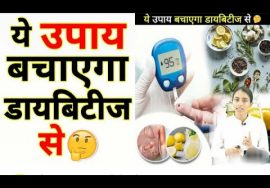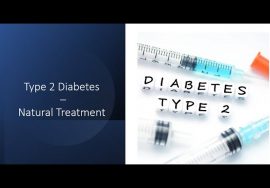Hyperosmolar Hyperglycemic State, Diabetic HHS vs DKA, Animation
(USMLE topics, diabetes) Hyperglycemic crises: Hyperglycemic hyperosmolar nonketotic coma (HHNK) versus DKA. See DKA video here:
This video is available for instant download licensing here:
Voice by: Penelope Hammet
©Alila Medical Media. All rights reserved.
All images/videos by Alila Medical Media are for information purposes ONLY and are NOT intended to replace professional medical advice, diagnosis or treatment. Always seek the advice of a qualified healthcare provider with any questions you may have regarding a medical condition.
Support us on Patreon and get FREE downloads and other great rewards: patreon.com/AlilaMedicalMedia
Hyperosmolar hyperglycemic state, or HHS, is another ACUTE and life-threatening complication of diabetes mellitus. It develops slower than DKA, typically in the course of several days, but has a much higher mortality rate. Like DKA, HHS is triggered when diabetic patients suffer from ADDITIONAL physiologic stress such as infections, other illness, INadequate diabetic treatment or certain drugs. Similar to DKA, the RISE in COUNTER-regulatory hormones is the major culprit. These hormones stimulate FURTHER production and release of glucose into the blood, causing it to overflow into urine, resulting in excessive LOSS of water and electrolytes.
The major DIFFERENCE between HHS and DKA is the ABSENCE of acidosis in HHS. This is because, unlike DKA, the level of insulin in HHS patients is HIGH enough to SUPPRESS lipolysis and hence ketogenesis. This explains why HHS occurs more often in type 2 diabetics, who have more or less normal level of circulating insulin. Reminder: type 2 diabetics DO produce insulin but their cells do NOT respond to insulin and therefore cannot use glucose.
Because symptoms of acidosis are NOT present, development of HHS may go UNnoticed until blood glucose levels become EXTREMELY high. Severe dehydration results in INcreased concentrations of solutes in the blood, raising its osmolarity. HyPERosmotic blood plasma drives water OUT of body’s tissues causing cellular dysfunction.
Primary symptom of HHS is ALTERED consciousness due to excessive dehydration of brain tissues. This can range from confusion to coma. Emergency treatment consists of intravenous fluid, insulin and potassium similar to those used in DKA.












i have been seeing alot of patients with hepatotoxicity drug induced mostly ARV DRUGS, PLEASE MAKE A VIDEO IN THIS DISCUSSION
always best explanation of any
With 3 mins everything is outlined …gr8 videos
Benificial…thanks alot
Fantastic thank u
❤️
👍🏻
Help us make more videos like this! Support us on Patreon and get FREE downloads and other great rewards: patreon.com/AlilaMedicalMedia
Thank you so much!
Is there any way to tell post mortem whether DKA or HHS occured?
These videos are highly appreciated and we want to explain all videos for basic and clinincal knowledge that cover curriculum for MRCP ,USMLE standard examination..
Great work….💗💗
❤